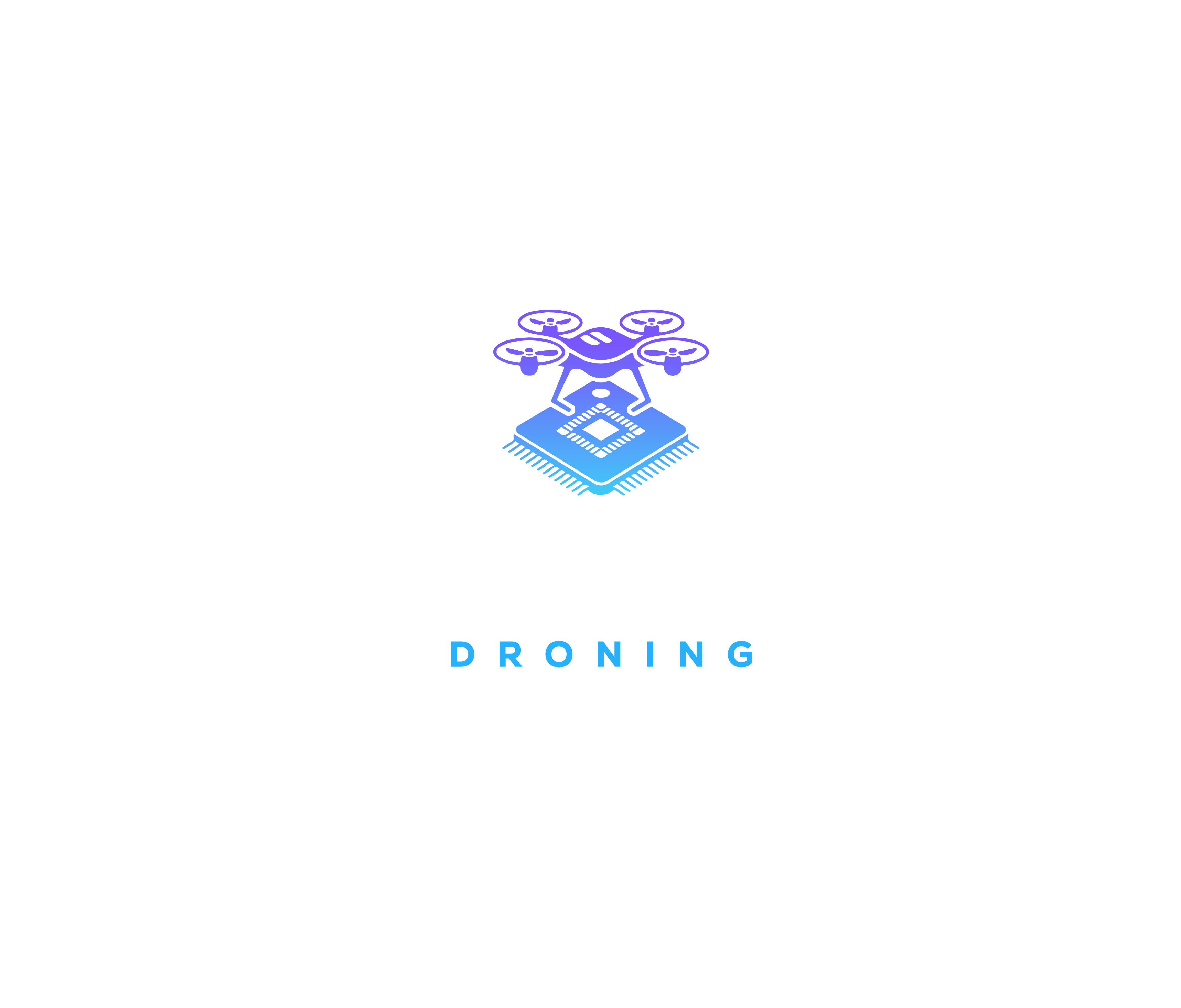Why You Need a Certified Drone Operator in 2025
January 17, 2025
In 2025, drones are no longer just high-tech gadgets—they are business-critical tools across industries like agriculture, construction, real estate, and environmental monitoring. But with greater power comes greater responsibility. Ensuring safety, legality, and precision is not optional—it’s essential.
This article breaks down why hiring certified professionals is more important than ever.
Licensed and Insured Professionals
Before taking flight, drone operators must meet two essential qualifications:
- FAA Certified – Part 107 pilots are trained in airspace laws, meteorology, and emergency procedures to fly legally and safely.
- Fully Insured – Even skilled pilots face unexpected risks. Insurance protects against accidents, liability, and project disruptions.
Why this matters:
Compliance isn’t just about FAA rules—many state and local laws restrict drone operations. Certified pilots navigate these regulations to prevent costly fines and legal issues.
Understanding the Risks and Penalties
Ignoring regulations—even unknowingly—can have serious consequences:
- Fines – Commercial drone flights without certification can result in $1,000+ fines per violation.
- Safety Hazards – Untrained pilots risk airspace collisions, property damage, or injuries.
- Legal Liability – Without proper licensing and insurance, clients may be held responsible for damages.
Real-World Example:
Some cities prohibit drones in public spaces. If a company unknowingly violates these rules, they could face legal action and project delays.
Certified professionals eliminate these risks by ensuring every operation meets federal, state, and local requirements.
Recreational vs. Commercial (Part 107)
Not all drone flights follow the same rules:
- Recreational Pilots – Must pass the TRUST safety test and follow hobbyist guidelines. Commercial use is strictly prohibited.
- Part 107 Commercial Pilots – Authorized for business-related flights, including night operations, flying over people, and controlled airspace access.
Key Difference:
If a drone flight benefits a business in any way, it is not legally considered "recreational" and requires Part 107 certification.
Waivers and Specialized Operations
Some projects require FAA waivers for advanced operations:
- Flying Over People – Needs drones with propeller guards and safety tech.
- Night Flights – Requires FAA-approved lighting and pilot training.
- Restricted Airspace Access – Requires FAA approval via LAANC or manual requests.
- BVLOS (Beyond Visual Line of Sight) – Needs detailed risk assessments submitted to the FAA.
Only certified pilots can secure these waivers, ensuring compliance and operational success.
Navigating Airspace Without DJI GEO Fencing
DJI’s GEO system, which automatically restricted drones from flying in sensitive areas, was disabled on January 13, 2025.
What this means:
Pilots now have full control over where they fly—but also bear full responsibility for avoiding violations.
This move has raised regulatory concerns, with reports of DJI drones facing import restrictions due to increased scrutiny.
Industry Update: Expect evolving FAA regulations as authorities adapt to this new era of unrestricted flight.
Final Takeaway: Safety, Legality, and Success
Drones are only as effective as the people operating them. Every flight should prioritize:
- Safety – Know your airspace, follow protocols, and avoid risks.
- Legality – Stay compliant with FAA and local regulations.
- Success – Work with certified professionals for efficient, risk-free operations.
Your Next Move:
Whether you're a business owner, a drone operator, or just curious about industry trends, certified drone professionals ensure compliance and unlock the full potential of drone technology.
Need expert drone services?
Connect with Suave Droning today to fly smarter and safer in 2025.
